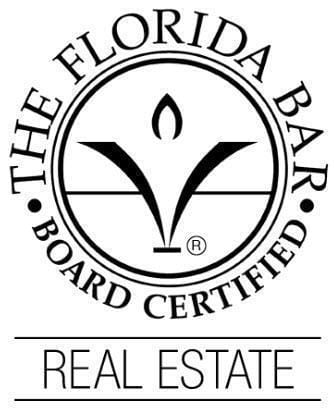Investing in real estate in Florida can often generate significant returns for your portfolio. Yet as is the case with any significant investment, your initial choice of investment instrument is vital to the success of your venture.
When you find the ideal investment property, moving fast is often the key to securing it. That requires an earnest money deposit to hold the property and keep it away from other potential investors. Yet a number of issues can arise from the time you offer your earnest money and the day the sale finally closes. This prompts many clients to ask us here at Jeffrey Feinberg, P.A. when they can recover their earnest money.
Discovering subsequent issues with the property
While your earnest money should incentivize a seller to remove a property from the market, it does not lock you into buying it. The property must still meet your specifications. Thus, if you discover the property has issues during your due diligence period (which, according to the website InvestmentsinFlorida.com, is 15 days), you can pull out of the sale and recover your earnest money. The same is true if you uncover problems during the final walkthrough or you discover (through a title search) there is a lien on the property. You also should consider adding a contingency to your purchase contract that allows you to get your earnest money back if you back out of the sale due to the property appraising at a lower value than your offer (and the seller will not renegotiate the price).
Encountering problems on your end
There also may be certain situations where problems on your end of the sale could entitle you to recover your earnest money. The most common is if issues arise with your financing of the purchase. You can find more information on managing the real estate purchasing process throughout our site.




